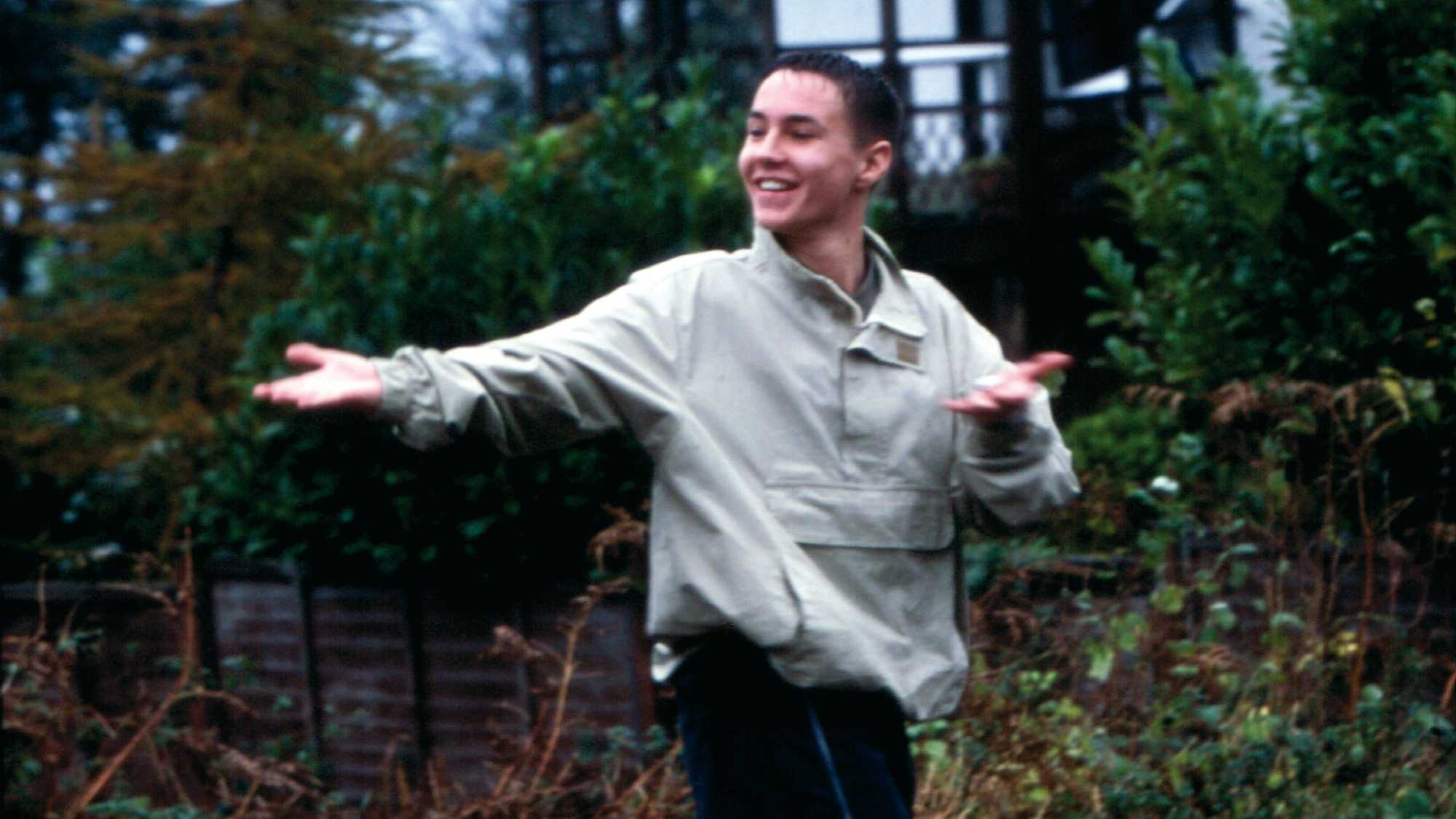
Ken Loach’s latest portrait of life on the troubled, seemingly hopeless edges of society blazes with wit, anger and compassion.
Screened as part of NZIFF 2003
Sweet Sixteen 2002
"Ken Loach, through his tenacity and consistency as an artist and storyteller, is probably the best-known political filmmaker in the world… In interviews, and in his television documentaries, Loach still likes to bang on about ‘big picture’ politics: class oppression, trade unions, corporate capitalism. His movies, however, have taken a slightly different path since the militant era that began with Poor Cow and ended with Raining Stones. The most noticeable difference in Loach’s entourage these days is writer Paul Laverty. His contribution has been immensely beneficial… His stories (such as My Name Is Joe became more intimate, less fixed on providing schematic, holier-than-thou illustrations of social struggles. The problems of love and commitment, family and friendship, became more poignant and tragic. Loach has lost none of his leftist politics. Only now, he refracts it differently through his work. Others who have been strongly influenced by him… have taken up the task of identifying and embodying social structures in their dramas. In Loach’s recent films, these structures are implicit, always looming in the background. What matters to him now is how individuals struggle with the burden of their upbringing.
For about its first 30 minutes, Sweet Sixteen seems to be wearily following the social-realist formula familiar from many previous Loach films. We see Liam and his mates engage in anarchic pranks on the streets of Greenock, near Glasgow… But slowly a compelling story takes hold. Liam is deeply attached to his mother, Jean, who is in jail, and fed up with her boyfriend Stan, and father, Rab. Bravely, Liam resists these brutalising male influences while trying to establish a more hopeful future for Jean. However, for Liam to get ahead of the game means involving himself with a local crime network. And this is when a new and more imprisoning process of dehumanisation begins, which will affect his closest friendships as well as the precarious bond with his sister, Chantelle. Loach has become a master at balancing the utopian dreams of his characters – such as Liam’s plan to buy a new family home – against the apparent hopelessness of ever making a change to a world where ideology is not a matter of intellectual principle, but deeply ingrained, instinctive behaviour. Even the lovely landscape of Greenock expresses this tearing contradiction. Yet Loach manages to be neither a romantic nor a fatalist. What he shows is bleak, but his films are still odes to the resilient, human spirit. Filled with a remarkable authenticity, especially in the acting, Sweet Sixteen is another triumph for this great director." — Adrian Martin, The Age